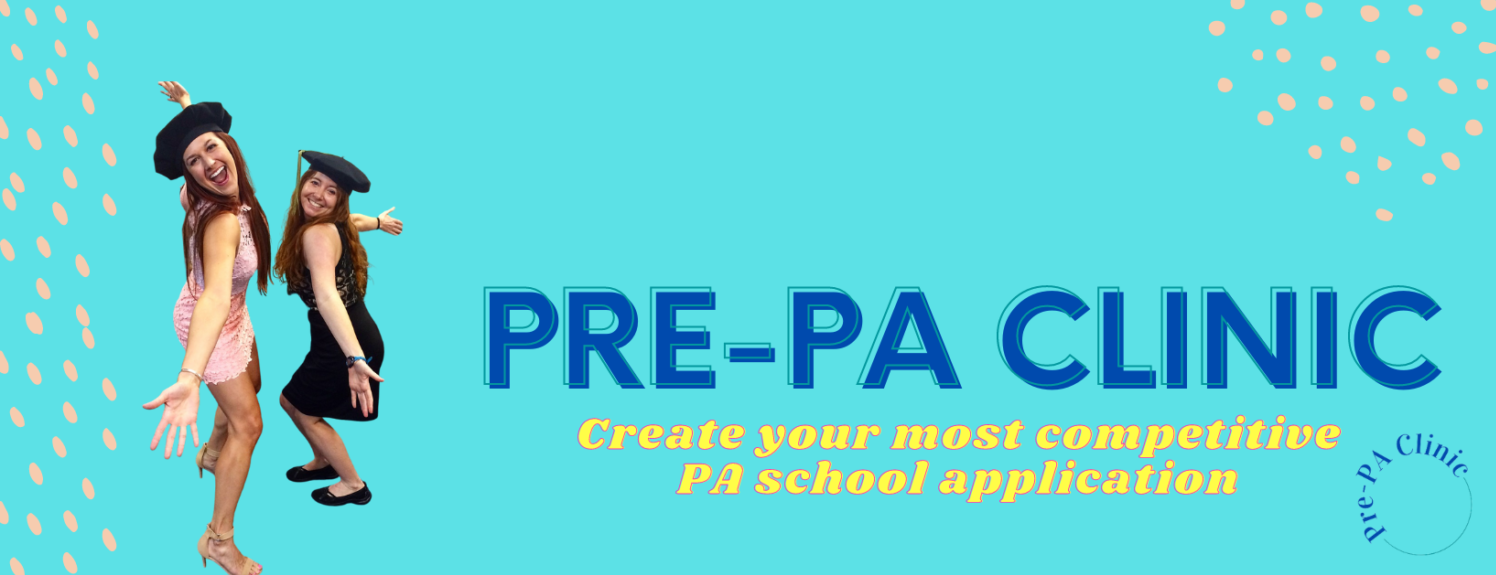
Congrats on your PA school interview! Now, you need to prepare for what you might encounter during your interview day. Interviews can be a bit of a mixed bag, and knowing what to expect can help you feel more confident and prepared. Here’s a rundown of the different components you might face, and tips to ace each one.
1. Group Interview with Other Candidates
What It Is: This is a chance for the admissions team to see how you interact with others in a team setting. You’ll be in a group with other candidates and might be each asked individual questions, or you may be given a scenario or problem to discuss or solve together.
Tip: Be respectful, listen actively, and contribute thoughtfully. Show that you can work well with others, express your ideas clearly, and appreciate different perspectives.
2. 1:1 Interview with a Faculty Member
What It Is: A one-on-one conversation with a faculty member or admissions committee member. This is your chance to showcase your personality, experiences, and why you’re a great fit for their program.
Tip: Prepare for questions about your experiences, motivation for becoming a PA, and why you’re interested in their specific program. Be honest and enthusiastic—let your passion for the PA profession shine through.
3. Panel Interview with Several Faculty Members
What It Is: Similar to the 1:1 interview but with multiple faculty members asking questions. This format helps the admissions team get a well-rounded view of you from different perspectives.
Tip: Maintain eye contact with all panel members, address your answers to the whole group, and stay composed. Practice answering questions succinctly and confidently.
4. Essay or Written Exercise
What It Is: You might be asked to write an essay or complete a written exercise on a given topic. This assesses your writing skills, critical thinking, and ability to articulate your thoughts clearly.
Tip: Practice writing concise, well-organized essays on common PA school topics. Make sure to follow any instructions carefully and review your work for grammar and clarity.
5. Medical Terminology or A&P Quiz
What It Is: Some programs may include a quiz to test your basic knowledge of medical terminology or anatomy and physiology (A&P).
Tip: Brush up on key medical terms and A&P concepts before your interview. There are plenty of online resources and flashcards that can help you review efficiently.
6. Personality Test
What It Is: A personality assessment might be used to gauge how well you fit with the program’s culture and values.
Tip: Be honest and authentic when completing personality tests. They’re designed to understand who you are, so trying to answer in a way you think they want might not reflect your true self.
7. Tour of the Facilities
What It Is: A tour helps you get a feel for the campus, facilities, and where you’ll be spending your time if you’re accepted.
Tip: Pay attention during the tour and ask questions about anything that interests you. Wear shoes you can walk easily in for at least a mile. It’s also a great opportunity to evaluate if the environment feels like a good fit for you.
8. Q&A with Faculty
What It Is: A session where you can ask faculty members questions about the program, curriculum, or any other concerns you might have.
Tip: Prepare thoughtful questions in advance. This shows your genuine interest and helps you gather information to make an informed decision about the program.
9. Q&A with Current Students
What It Is: Talking with current PA students gives you insight into what life is like in the program and the challenges they face.
Tip: Be open and ask about their experiences, both positive and challenging. Their perspectives can give you a realistic view of what to expect and help you gauge if it’s the right fit for you. Just make sure to stay professional and in interview mode even with your peers.
10. Additional Activities
What It Is: Some schools might include other activities like a case study discussion, role-playing scenarios, or team-building exercises.
Tip: Stay adaptable and open-minded. Approach each activity with a positive attitude and a willingness to engage.
Final Thoughts
Interviews can be nerve-wracking, but remember they’re an opportunity for both you and the school to see if it’s a good fit. Preparing for each component, practicing your answers, and staying calm will help you present yourself in the best light. And remember, every interview is a chance to learn and grow.
Good luck and definitely check out doing a mock interview to make sure your interview answers are exceptional and impress PA schools!

